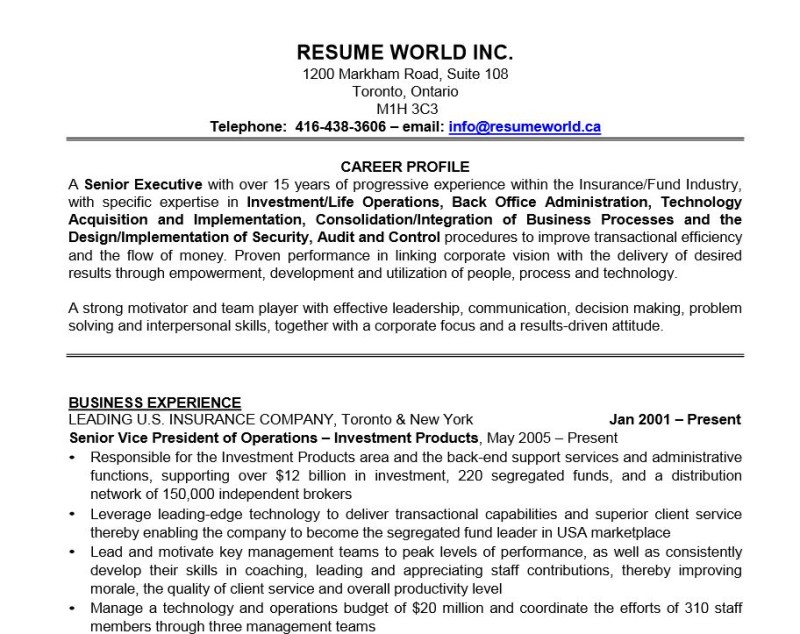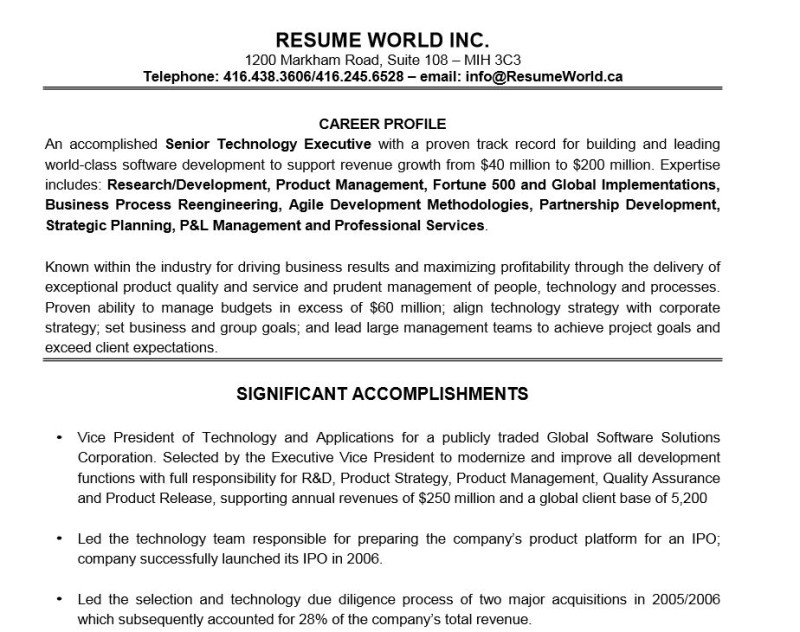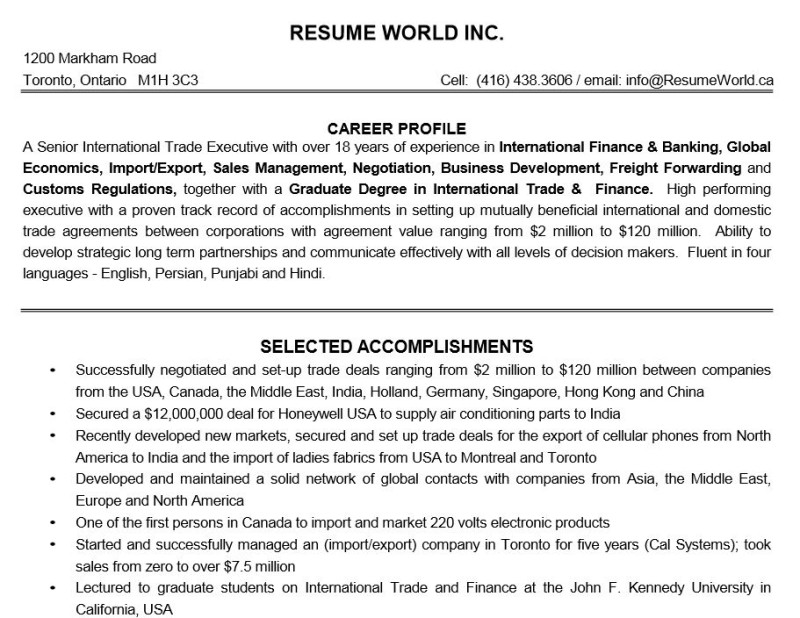Current Job Industry is changing drastically — job roles are changing, companies are looking for raw talent to take their venture out of the sky. With the turmoil and other factors, a job candidate or a working professional should always look for finding the next job. There is no time to waste, neither there is time to build up the resume after you lose your job or graduate from the college.
Today, we will focus on how to write executive resume. The market is full of opportunities and most of the jobs are based on marketing people. The executives that understand business and bring profit to the organization, either by changing the tides or bringing unparalleled growth to the business or the organization.
Writing an executive level resume requires a thorough planning and keeping a few facts in mind can change the way you approach new jobs. The HR department doesn’t look for objectives and one-line statements, they look for the executive summary and always want to find value in your resume. Anything else will lead your resume to the dustbin. There are other important factors that a job candidate needs to keep in mind so that they are selected for the job interview.
What differentiates the Executive Level Resume with other resumes? The resumes are not only scanned by the HR, but also scanned by the CEO and other top-level executives working for the organization. The approach should be professional and you should keep an open mind before approaching to write your executive resume.
Even the best professional have less idea on how to write an executive resume. Today, we will go through the problems and find out the solutions. The executive resume is more valued because of the positions for which the job holds in an organization.
1. Remove the catchy objective statement
We have heard it hundred times on the importance of the objective statement. Well, it doesn’t work well on the executive level resume. No one is interested in what you want to achieve in the industry. The HR department is interested in your past achievements and how you turned the tide for the organization, bringing in profits.
What the HR department looks for is an executive summary that can pull in the reader and provide them enough reasons to keep reading the resume. The more time the HR spends on the resume, the more chances you have to grab the interview. Normally, an HR takes on 30 secs of time to read the resume.
Checkout Amazing Collection Of Free CV/Resume Templates
2. Detailed Approach to Resume Writing
Executive Resume Writing needs a detailed approach. The professionals that will look for all the details that make you fit for the job. So, it is not a bad practice to have a 2-3 pages resume. I, myself have a 2-page resume and it does count as normal practice in the industry.
With all the information out there on the resume, the odds of being getting the job interview becomes higher. The notion of “KISS” i.e., keep it simple silly is great, but doesn’t hold much in case of detailed information that benefits both the parties.
3. Mould your Resume according to the Job
Executive level jobs are complex and have different scope of execution. That’s why all the jobs that you apply do require careful introspection. Providing information in the resume is great(point-2), but providing unnecessary information doesn’t help.
So, it is always better to re-write the resume according to the job you are writing. Removing information will only benefit the resume and makes it easier for HR or other company management officials to evaluate the resume.
4. Showcase Achievement rather than job history
Companies are interested in what uniqueness you can bring to the field. They are not interested in finding your job history or job responsibility. This means that you need to find a way to showcase your achievements on the job. For example, try to tell them how you turned a dead project into a profitable proposition. Also, try to be specific and not ambiguous. There are more chances that the HR department will invest more time on you if they find your achievement accurate and specific to companies philosophy.
Also, providing the context of your achievements will make the resume much more valuable. Try to include figures and comparison(for example, 5% increase in profit or productivity) to gain more advantage than the other applicants for the job interview.
5. Highlight previous Work history and Educational Qualification
Work History and Educational Qualification is important for most of the industry executive jobs. But, do you just list them all? And what order to maintain? The answer depends on the job you are applying to. Try to list the most relevant work history and educational qualification.
This will ensure that the resume is polished and to the point. As we have started earlier, there is no point in providing information that is not according to the job or not in the right order.
Executive Resume Samples
1. Chronological Resume Sample
2. Functional Resume Sample
3. Combined Resume Sample
Resume Sample Source: ResumeWorld.ca
Wrap Up
Executive job resumes are clearly not like the traditional resumes that we go through. They are aimed at higher management professionals and requires quite an effort to create one. But, once you have created a resume that is worth reading – chances are that you are grabbing the next interview.
Note: Do not panic if the companies do not revert back to you about the job interview. Relax and wait for them to review and revert back to you. Also, waiting for eternity is not a good idea either.




